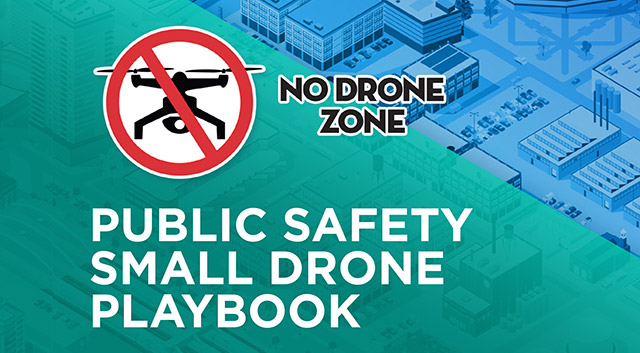UNMANNED AIRCRAFT SYSTEMS
Who is a Public Operator?
Federal, State, local or tribal government entities, including schools and universities, that use unmanned aircraft system/drone technology are considered public operators.
Federal Restrictions & Requirements
- Be a political subdivision of the United States government, a State or U.S. territory government, the District of Columbia, or an Indian Tribal Government listed in the Robert T Stafford Disaster Relief and Emergency Assistance Act (42 U.S.C. § 5122)
- Own and operate the unmanned aircraft, or for non-federal public aircraft operators (PAO’s) have an exclusive lease on it for more than 90 days
- Fly missions that meet the statutory criteria of a governmental function on a flight-by-flight basis
- Not fly for a commercial purpose or receive compensation for flight operations.
Emergency Situations
First responders and others organizations responding to natural disasters or other emergency situations may be eligible for expedited approval through our Special Governmental Interest (SGI) process. Operations that may be considered include:
- Firefighting
- Search and Rescue
- Law Enforcement
- Utility or Other Critical Infrastructure Restoration
- Incident Awareness and Analysis
- Damage Assessments Supporting Disaster Recovery Related Insurance Claims
- Media Coverage Providing Crucial Information to the Public
To apply for a waiver through the SGI process you must be an existing Part 107 Remote Pilot with a current certificate OR you must have an existing Certificate of Waiver or Authorization (COA). To submit a waiver through this process, fill out the Emergency Operation Request Form and send to the FAA's System Operations Support Center (SOSC) at 9-ator-hq-sosc@faa.gov . If approved, the FAA will add an amendment to your existing COA or Remote Pilot Certificate that authorizes you to fly under certain conditions for the specified operation. If denied, operators should NOT fly outside the provisions of their existing COA or part 107. Operators have the option to amend their requests.
* This process is called the Special Government Interest (SGI) amendment process and is outlined in FAA Order JO 7200.23A.
Updated: 06/24/2021
Note: Reference in this site to any specific commercial product, process, or service, or the use of any trade, firm or corporation name is for the information and convenience of the public, and does not constitute endorsement, recommendation, or favoring by DOT&PF.

